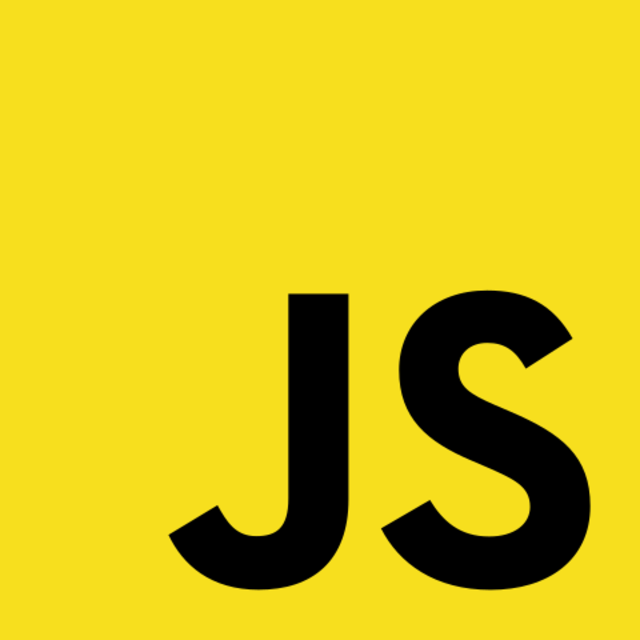
Getting started with Rust as a web developer
Javascript was my first big step toward programming. And since it's still under active development, there's something new to learn every other day.
It takes more than that to regularly step out of one's comfort zone, so I committed to learning a second language. Introducing Rust.




